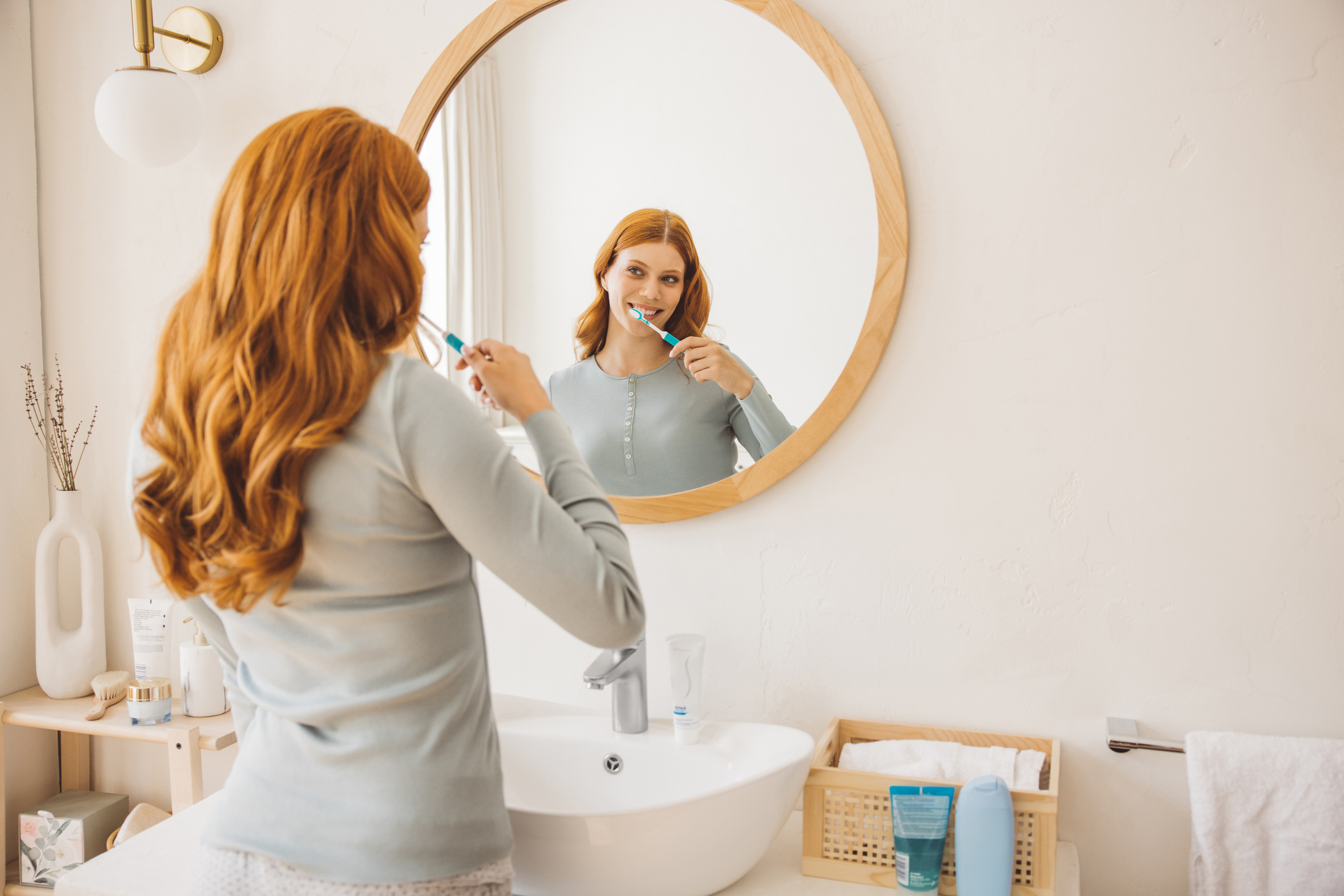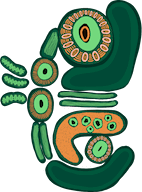
Brushing Your Teeth at Work: Is It Necessary?
Many of us spend a large part of our adult lives at work, and it can be helpful to implement daily routines at our workplace which support good health. Tooth brushing is something which we tend to consider an ‘at home’ practice, but there could be benefits in brushing your teeth at work as well. It’s useful to remember that tooth decay can happen at any time, even when we’re at work. The Australian Dental Association (ADA) recommends brushing 2 times each day, for 2 minutes each time and daily flossing. However, it’s important to discuss our own specific needs with your dentist.
What are the benefits of brushing my teeth at work?
Plaque, a sticky clear film of bacteria, begins to form on the teeth between 2-6 hours after brushing it off. Snacking at work, drinking sweet beverages and eating meals all increase plaque production, resulting in what is known as acid attacks, which affect the tooth enamel. When there is a breakdown in the protective enamel, our teeth are more vulnerable to decay and gum disease. Fortunately, tooth brushing is protective and has a dual function as it helps to remove food particles and plaque.
Have you had recent oral surgery, or do you wear braces? Then you may benefit from brushing your teeth at work.
Other benefits of tooth brushing at work
- It helps to freshen our breath – This can be especially useful for face-to-face interactions at work. Some foods increase the risk of smelly breath, especially those containing garlic, onion and fish. Tooth brushing after lunch helps us to feel less self-conscious of having bad breath.
- Positive role modelling for our co-workers – Seeing our peers investing a little time and energy into their oral care can be a useful prompt to do the same thing.
- Provides a little boost – Sometimes the smallest things help us to feel better. Having fresh, clean teeth can also provide a confidence booster after lunch.
- May reduce the tendency to reach for sweet treats – We’ve all had the experience of not wanting to snack when we’ve just brushed our teeth. Any discouragement can be a good thing.
What do I need to know about brushing my teeth at work?
You don’t need to do anything special, other than put together an oral care kit, which you can bring with you to work each day or keep at work. A soft, small-headed toothbrush, fluoridated toothpaste, floss and/or interdental brushes are the basics.
- Make sure you dry your toothbrush after using it and don’t store it wet, as this can promote bacterial growth.
- Brush in the bathroom wash basin, rather than the staff lunch room.
- Try to wait at least 30 minutes after eating before brushing your teeth. This allows saliva to do its protective work in neutralising acids and for the enamel to start re-hardening. Brushing when the enamel is soft can increase the risk of tooth damage.
Book an appointment today to talk with your dentist about maintaining good oral health.
